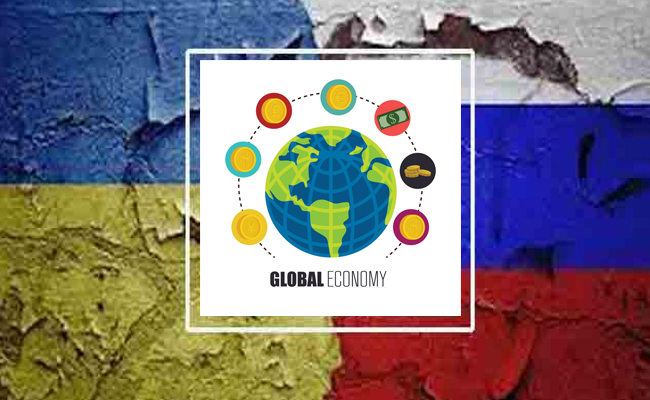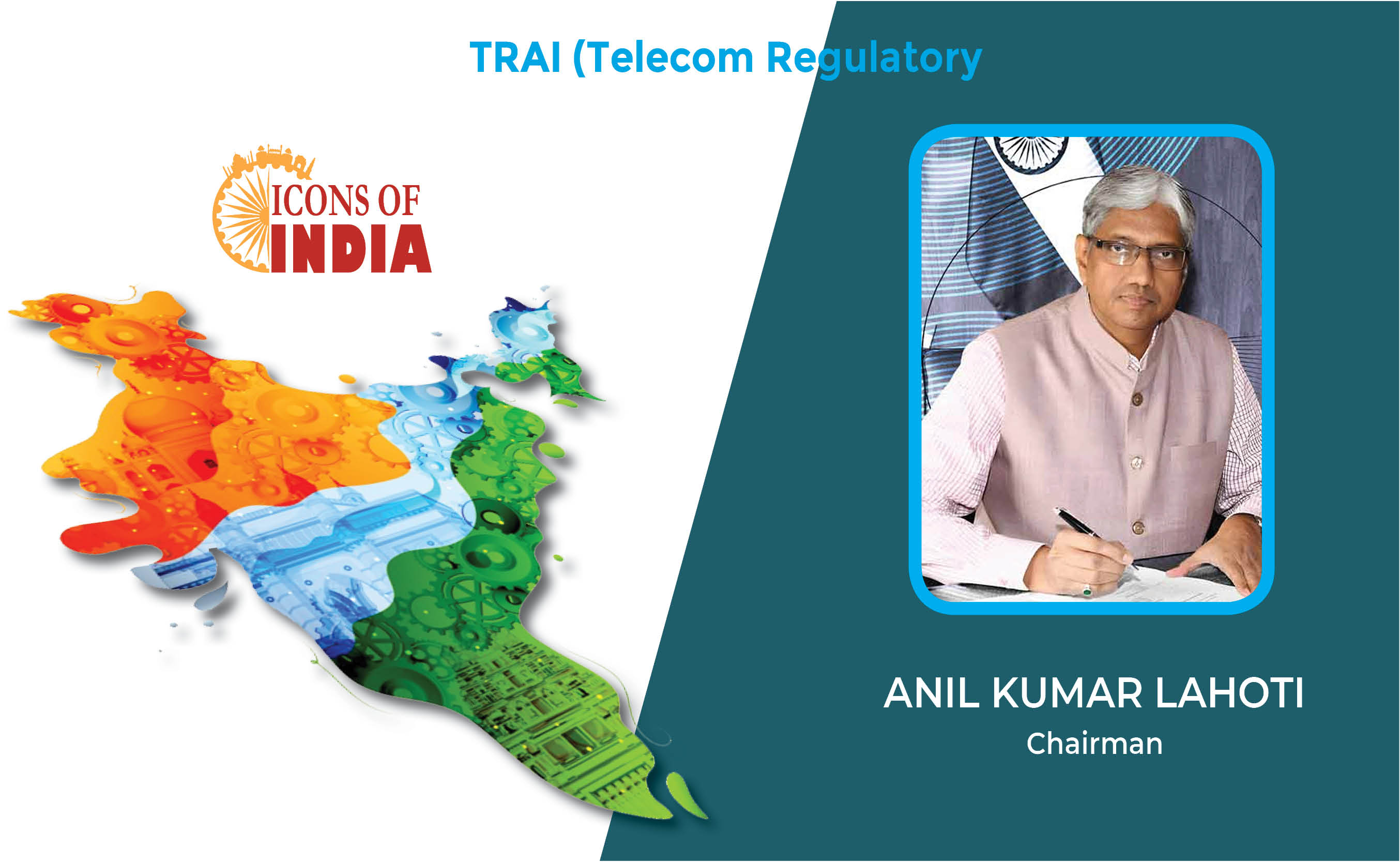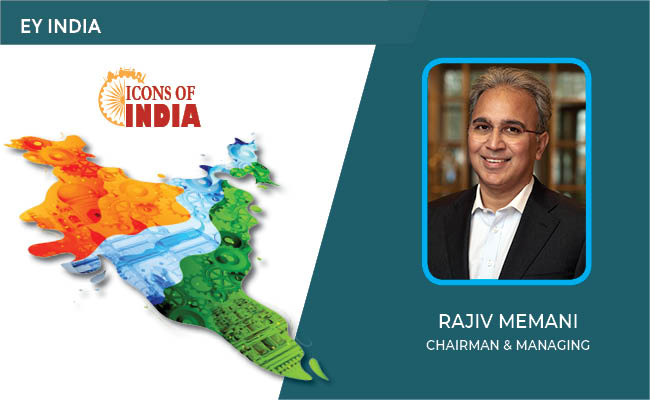Russia-Ukraine Conflict Impacting Global Economy
By MYBRANDBOOK

When Russia’s President Vladimir Putin invaded Ukraine on February 24, he wanted his neighbouring country’s “de-Nazification, de-militarisation and its neutrality” with regard to his strategic tussle with the West. The invasion followed Ukrainian President Volodymyr Zelenskyy’s refusal to give up the demand for his country to be a member of the North Atlantic Treaty Organization (NATO), and acknowledge bordering Donbas’s Luhansk and Donetsk regions as independent states. Zelenskyy no longer wants to be part of the US-dominated military alliance whose expansion in eastern Europe had rattled Putin.
Zelenskyy is also willing to be neutral, and discuss the future of Luhansk and Donetsk, but the concessions have come only after huge costs: cities wrecked, thousands dead, and millions displaced. Zelenskyy’s overconfidence that NATO would fight on Ukraine’s behalf in the event of an invasion by Russia, whereas NATO was never willing to make Ukraine its member, a prerequisite for Western forces to directly join any war against Russia. Germany and France insisted that Ukraine must meet the eligibility criteria.
A European nation must show a commitment to democracy, individual liberty and support for the rule of law. At the same time, some American and European officials felt Ukraine had not yet met the threshold. But the crux of the matter was: Nato membership to Ukraine would increase friction with Russia.
Resulting the great economic impact of the Russia-Ukraine conflict is not just limited to Ukraine, Russia, or Europe, but it is widespread across the globe. Several global companies that have had their business disrupted by the conflict due to their presence in these two countries. Businesses should not expect a quick return to normal. From closures to the suspension of potential investments and ongoing projects such as the Nord Stream 2 natural gas pipeline, disruption is rife, and will take some time to untangle. “Further, in the backdrop of ongoing conflict and other factors.
As per the estimations for East Europe’s real GDP growth has been revised downward by 5.1 percentage points in March 2022. Both Ukraine and Russia are forecast to contract by around 10% in 2022. An economic outlook such as this will play a major role in a company's business decisions.
Major companies like Coca-Cola closed its plant in Ukraine while Carlsberg closed its breweries. Meanwhile, Unilever and Nestle limited their operations in Ukraine. The Original equipment manufacturers (OEMs) such as Volvo Cars, Ford, Jaguar-Land Rover, General Motors, BMW, Daimler Trucks, AB Volvo Trucks and motorcycle maker Harley Davidson have all ceased export operations to Russia, with Ford confirming that it had suspended its Ford-Sollers Russian joint venture effective immediately in response to the invasion.
The EU, the US, the UK and Canada have committed to removing the Russian banks from the SWIFT financial system. Banning Russia from SWIFT will negatively impact the Russian economy as it will be difficult for Russia to complete any international transactions.
Though banning Russia will not completely stop it from making cross borders transactions with its international partners, it will make the process more expensive, less secure and more difficult, which should slow the growth of its economy. With this, major technology giants such as Netflix, Google, Meta, Apple, Microsoft and Samsung Electronics have halted or curtailed their operations in Russia.


Nazara and ONDC set to transform in-game monetization with ‘
Nazara Technologies has teamed up with the Open Network for Digital Comme...

Jio Platforms and NICSI to offer cloud services to government
In a collaborative initiative, the National Informatics Centre Services In...

BSNL awards ₹5,000 Cr Project to RVNL-Led Consortium
A syndicate led by Rail Vikas Nigam Limited (abbreviated as RVNL), along wi...

Pinterest tracks users without consent, alleges complaint
A recent complaint alleges that Pinterest, the popular image-sharing platf...


Icons Of India : Daisy Chittilapilly
Daisy Chittilapilly is the President of Cisco’s India and SAARC regi...

Icons Of India : Anil Kumar Lahoti
Anil Kumar Lahoti, Chairman, Telecom Regulatory Authority of India (TR...

ICONS OF INDIA : RAJIV MEMANI
As Chair of the EY Global Emerging Markets Committee, Rajiv connects e...


IREDA - Indian Renewable Energy Development Agency Limited
IREDA is a specialized financial institution in India that facilitates...

IFFCO - Indian Farmers Fertiliser Cooperative
IFFCO operates as a cooperative society owned and controlled by its fa...

NIC - National Informatics Centre
NIC serves as the primary IT solutions provider for the government of ...


Indian Tech Talent Excelling The Tech World - Sundar Pichai, CEO- Alphabet Inc.
Sundar Pichai, the CEO of Google and its parent company Alphabet Inc.,...

Indian Tech Talent Excelling The Tech World - AJAY BANGA, President - World Bank
Ajay Banga is an Indian-born American business executive who currently...

Indian Tech Talent Excelling The Tech World - JAY CHAUDHRY, CEO – Zscaler
Jay Chaudhry, an Indian-American technology entrepreneur, is the CEO a...